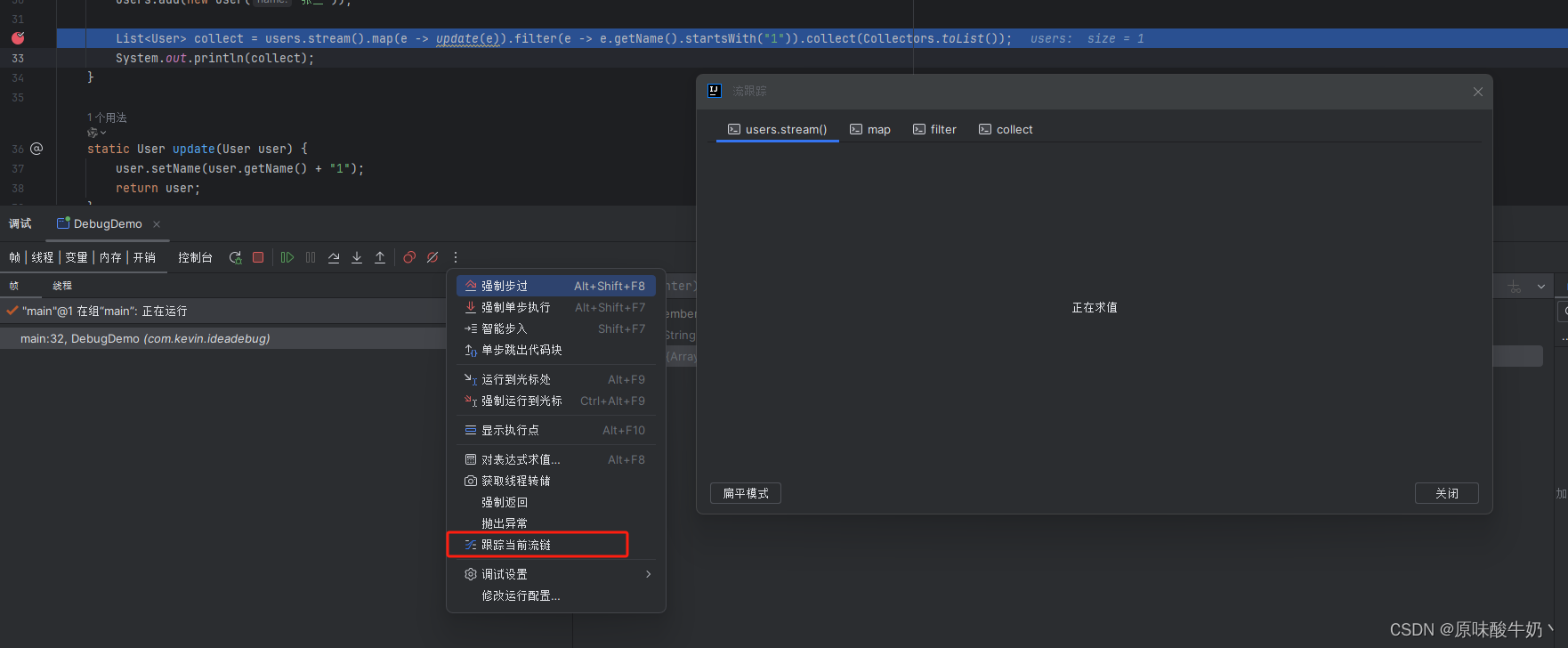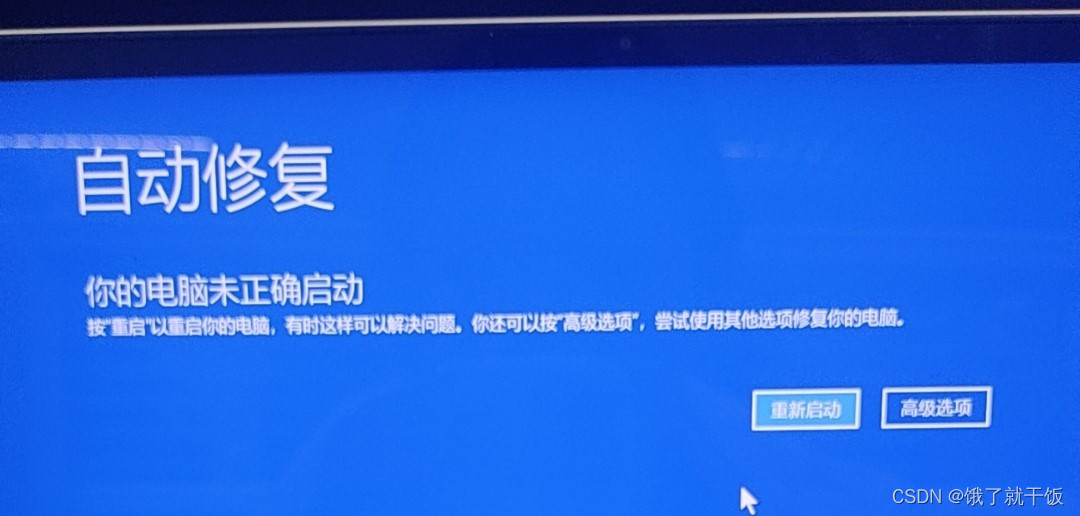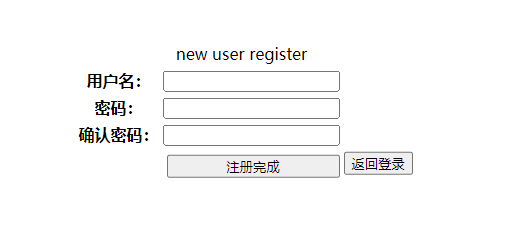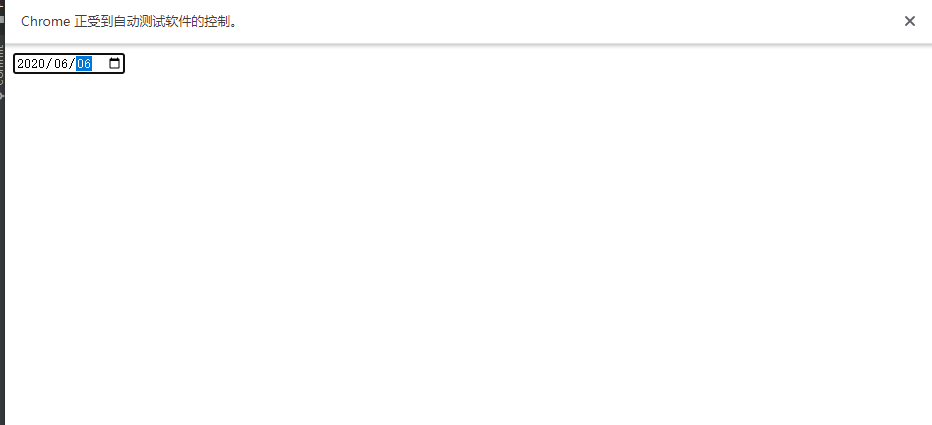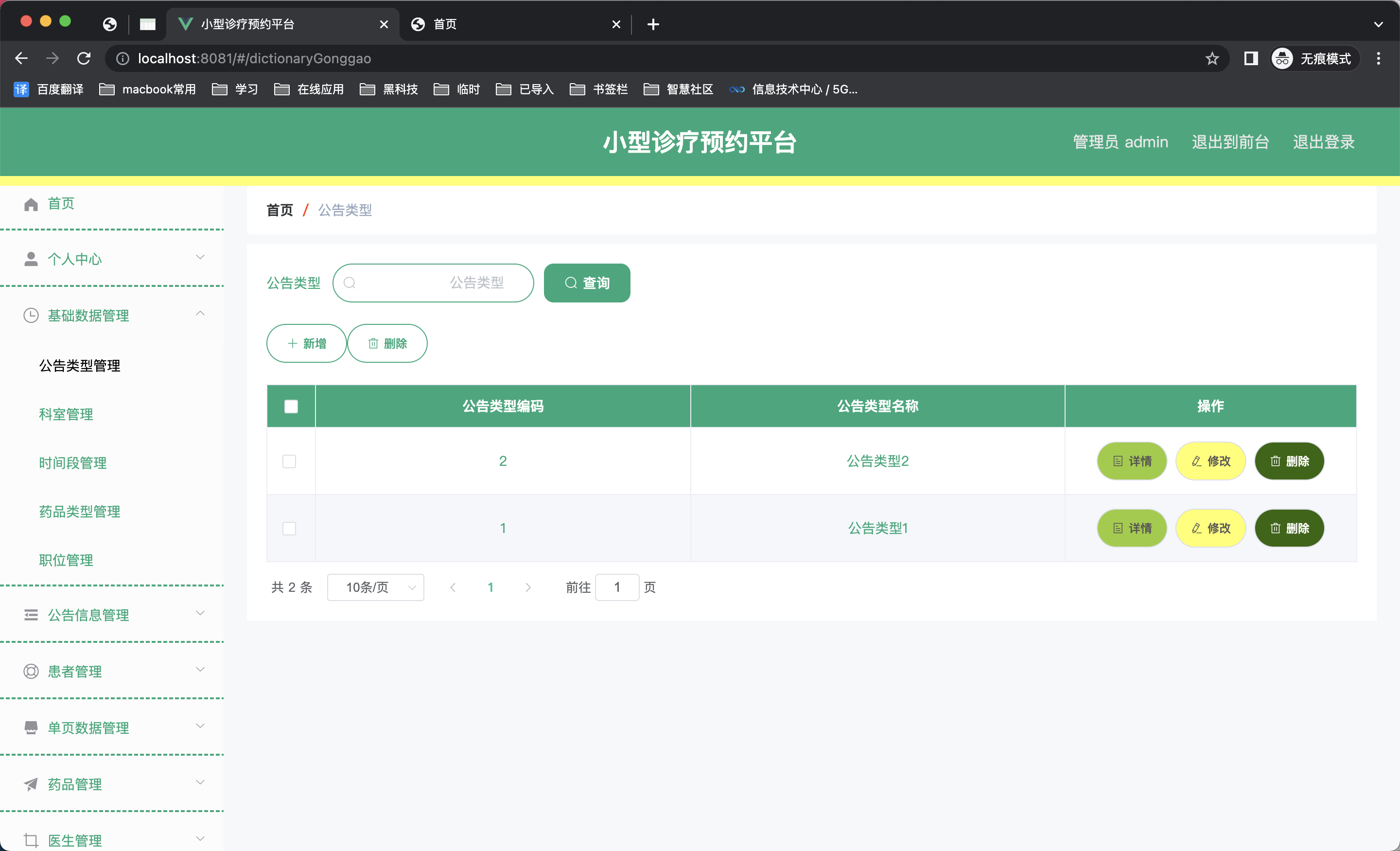
文章目录
- 如何在 Python 中从键盘读取用户输入
- input 函数
- 使用input读取键盘输入
- 使用input读取特定类型的数据
- 处理错误
- 从用户输入中读取多个值
- getpass 模块
- 使用 PyInputPlus 自动执行用户输入评估
- 总结
如何在 Python 中从键盘读取用户输入
原文《How to Read User Input From the Keyboard in Python》
input 函数
使用input读取键盘输入
input是一个内置函数,将从输入中读取一行,并返回一个字符串(除了末尾的换行符)。
例1: 使用Input读取用户姓名
name = input("你的名字:")
print(f"你好,{name}")
使用input读取特定类型的数据
input默认返回字符串,如果需要读取其他类型的数据,需要使用类型转换。
例2:读取用户年龄
age = input("你的年龄:")
print(type(age)) # <class 'str'>
age = int(input("你的年龄:"))
print(type(age)) # <class 'int'>
处理错误
如果用户输入的不是数字,int()将会抛出ValueError异常。
>>> age = int(input("你的年龄:"))
你的年龄:三十
Traceback (most recent call last):
...
ValueError: invalid literal for int() with base 10: '三十'
使用try-except处理错误可以使程序更健壮。
例3:用try-except处理用户输入错误
while True:
try:
age = int(input("你的年龄:"))
except ValueError:
print("请使用数字输入你的年龄,例如24")
else:
break
print(f"明年, 你将 {age + 1} 岁。")
从用户输入中读取多个值
有时用户需要输入多个值,可以使用split()方法将输入分割成多个值。
例4:从用户输入中读取多个值
user_colors = input("输入三种颜色,用,隔开: ")
# orange, purple, green
colors = [s.strip() for s in user_colors.split(",")]
print(f"颜色的列表为: {colors}")
getpass 模块
有时,程序需要隐藏用户的输入。例如,密码、API 密钥甚至电子邮件地址等输入。可用标准库模块getpass实现。
下面是一个验证用户邮箱的例子。
例5:使用getpass隐藏用户输入
import os
import getpass
def verify_email(email):
allowed_emails = [
email.strip() for email in os.getenv("ALLOWED_EMAILS").split(",")
]
return email in allowed_emails
def main():
email = getpass.getpass("输入邮箱地址:")
if verify_email(email):
print("有效的邮箱,通过。")
else:
print("无效的邮箱,拒绝。")
if __name__ == "__main__":
main()
我们使用os.getenv获取环境变量ALLOWED_EMAILS,并使用getpass.getpass隐藏用户输入。
为了设置环境变量,Windows用户可以在命令行或powershell中使用$env:命令。powershell设置环境变量-知乎
设置当前会话的环境变量:
$env:ALLOWED_EMAILS = 'info@example.com'
linux用户可以使用export命令。
export ALLOWED_EMAILS=info@example.com
然后执行程序,输入邮箱地址,如果邮箱地址在环境变量中,程序将返回Email is valid. You can proceed.否则返回Incorrect email. Access denied.
使用 PyInputPlus 自动执行用户输入评估
PyInputPlus包基于验证和重新提示用户输入而构建并增强 input() 。
这是一个第三方包,可用pip安装。
python -m pip install pyinputplus
例6:使用PyInputPlus读取用户输入
import pyinputplus as pyip
age = pyip.inputInt(prompt="你的年龄:", min=0, max=120)
print(f"你的年龄是 {age}")
注:这个包最后更新时间是2020年10月11日。
例7:一个简单的交易程序
import pyinputplus as pyip
account_balance = 1000
print("欢迎来到 REALBank")
while True:
print(f"\n你的余额为: ¥{account_balance}")
transaction_type = pyip.inputChoice(["存钱", "取钱", "退出"])
if transaction_type == "退出":
break
elif transaction_type == "存钱":
deposit_amount = pyip.inputInt(
prompt="输入金额 (最大 ¥10,000): ¥", min=0, max=10000
)
account_balance += deposit_amount
print(f"存入 ¥{deposit_amount}.")
elif transaction_type == "取钱":
withdrawal_amount = pyip.inputInt(
prompt="输入金额: ¥", min=0, max=account_balance
)
account_balance -= withdrawal_amount
print(f"取出 ¥{withdrawal_amount}.")
print("\n感谢选择 REALBank。再见!")
总结
- 使用
input函数读取用户输入 - 使用
getpass模块隐藏用户输入 - 使用
PyInputPlus包增强用户输入
